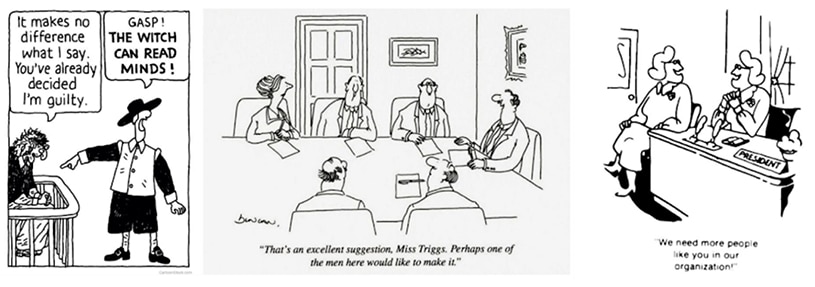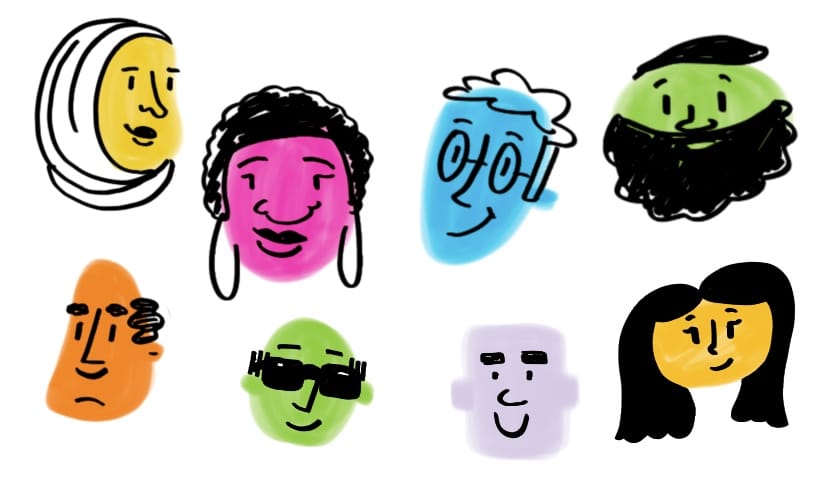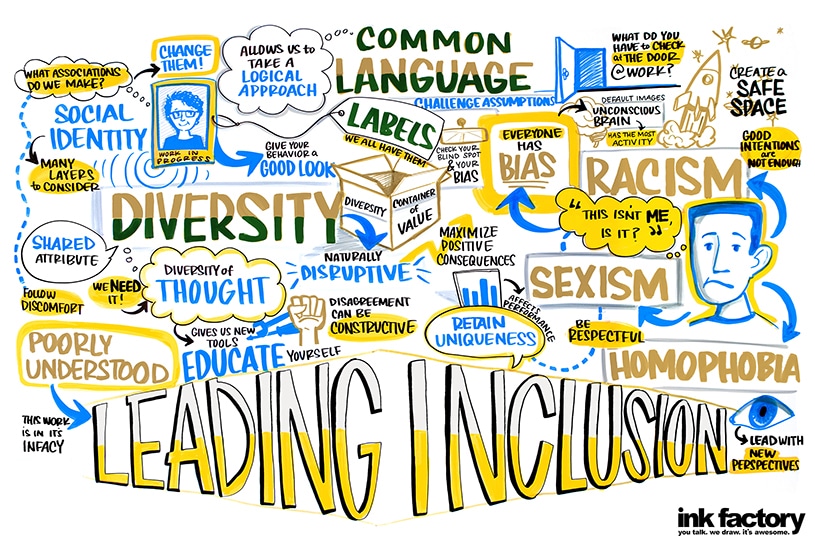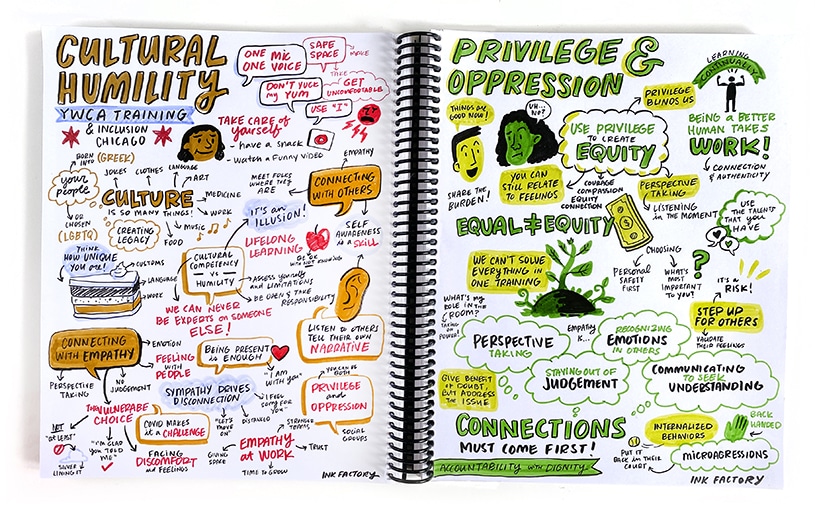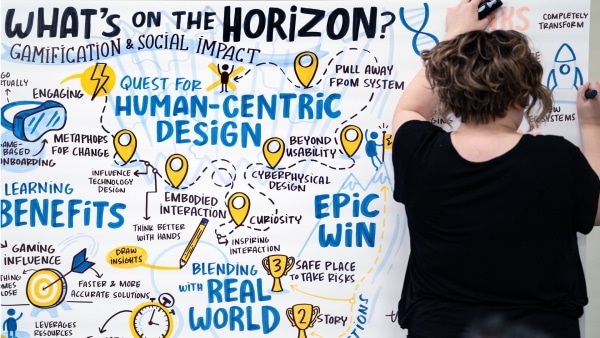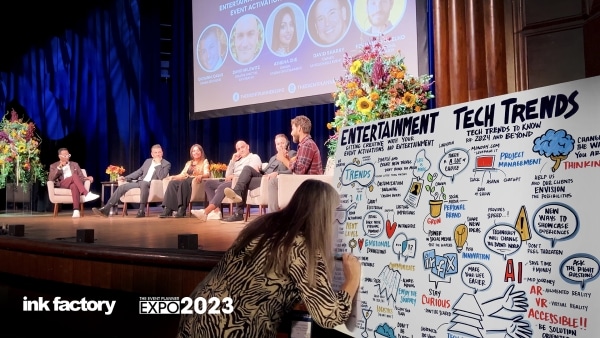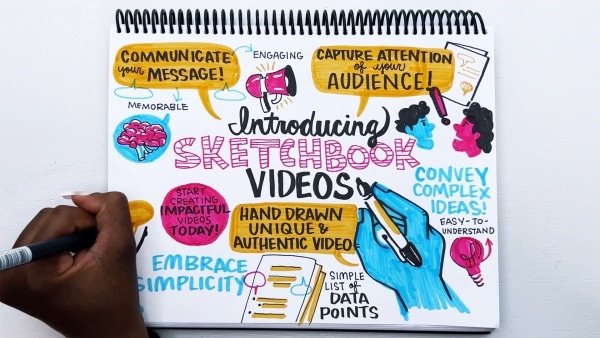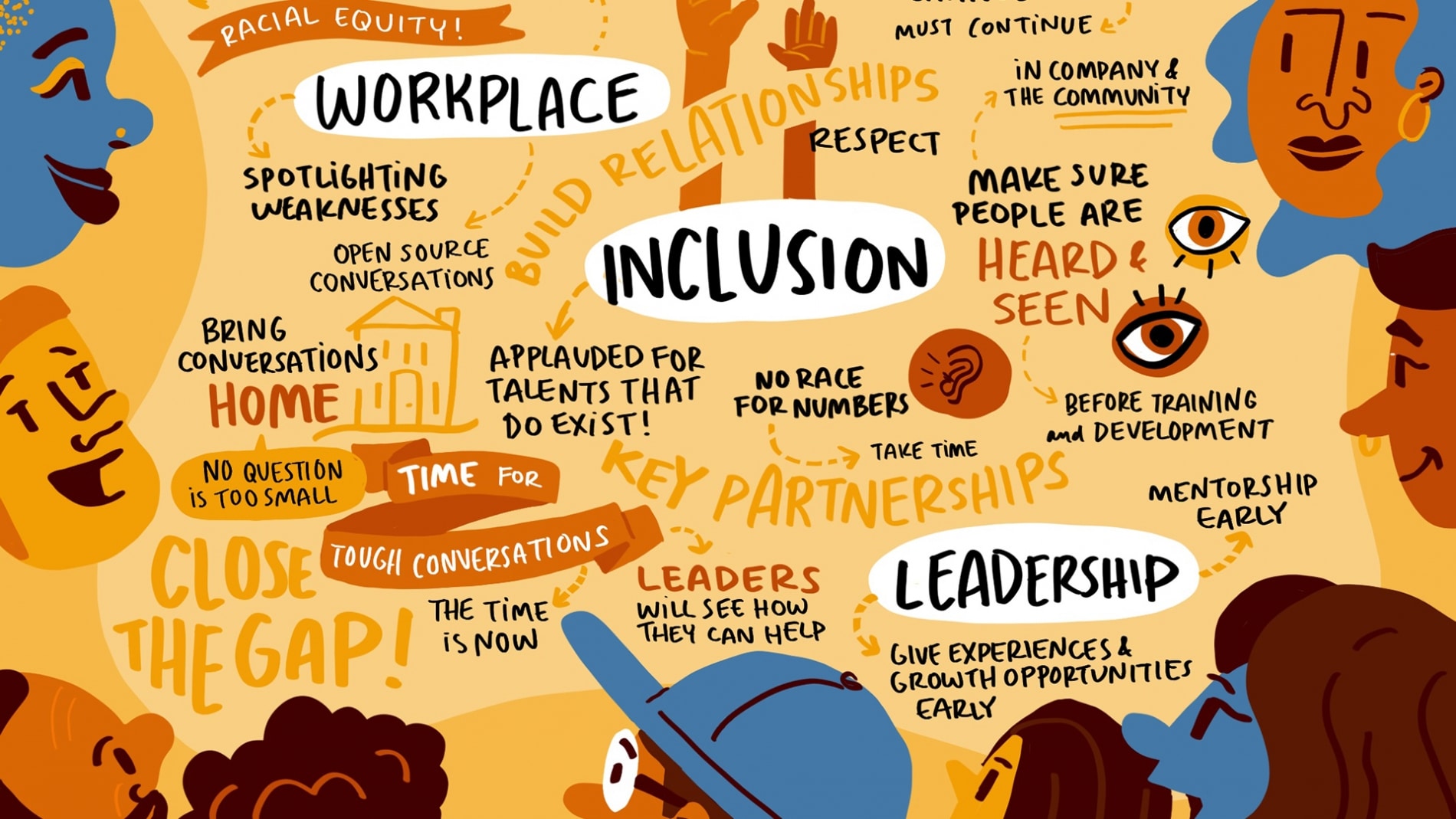
What a Group of Creatives Learned from Diversity and Inclusion Training
This year the Ink Factory team was lucky enough to work with and learn from Inclusion Chicago on a series of three diversity and inclusion training sessions. We wanted to share some of our favorite learnings from these wonderful workshops that not only educated us but grew our team’s bond.
Image courtesy of Inclusion Chicago
Awareness is the first step
In order to mitigate our biases (and prevent exclusion), our team first needed to become aware of them. We are all socialized to form biases, some of us in different ways than others. Why become aware of your biases? Well, they cloud how we see the world in its objective reality. We might make irrational or unfair decisions because of biases, or fail to connect the dots when attempting to solve a problem. The Inclusion Chicago team walked us through the many different biases that exist, and helped us to examine which of them might be manifesting in our team.
Understanding Different Identities
We all come from different cultures with different languages, foods, art, customs, traditions, and more. Accepting others means knowing you can never be an expert on someone else’s culture or experience. Take time to connect with others to understand their cultures (and listen!) rather than waiting to find people with the same culture as you. You might find you have more in common than you originally assumed. Instead of letting cultural differences cause friction, approach connections with empathy.
Choose Empathy
Empathy is different from sympathy–in fact, sympathy drives disconnection. A sympathetic person might say “I feel sorry for you,” but an empathetic person would say “I’m here for you.” Choosing to respond to others with empathy means reserving judgment, and instead, trying to take their perspective. Practicing empathy at work will lead to stronger teams, better trust, and growth in your relationships.
To Make Progress, Face Discomfort
Privilege can be a disrupting factor in a workplace–everyone experiences it differently and at different levels. Higher levels of privilege can blind us to the struggles others face, and those who are lucky enough to benefit from privilege must engage in continuous learning in order to create an equitable workplace. Those with privilege also have the power to speak up when they see others being disadvantaged or discriminated against – stepping up for others may be a risk, but it can validate others in a way that is invaluable.
Applying What We Learned
Our artists at Ink Factory are continually working to make sure diverse groups of people are represented in our work. The framework presented to us by Inclusion Chicago was a great way for us to rethink how we approach designing characters. A big thank you to Inclusion Chicago for helping us to continue making Ink Factory a safe & loving place to work for all types of people!
Inclusion Chicago is part of YWCA of Metropolitan Chicago, with a mission of empowering women and eliminating racism. Learn more about what they do and support their work here.
